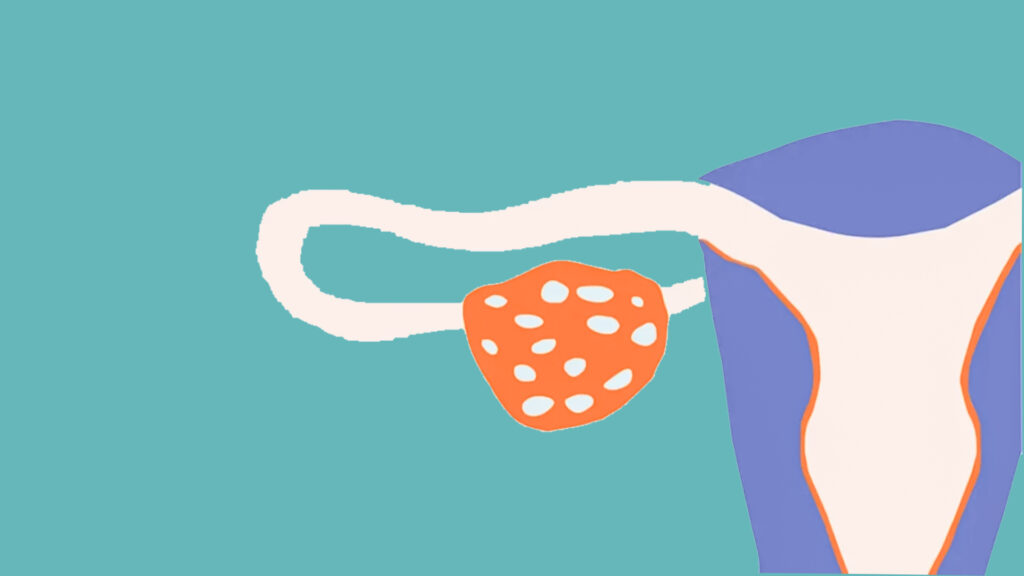
How to Increase AMH Hormone Levels?
Anti-Müllerian Hormone (AMH) is a significant hormone produced by the granulosa cells surrounding the oocytes or eggs in the ovaries. AMH levels are used to determine the woman’s ovarian reserve, which refers to the number of eggs that can still be produced by a woman’s ovaries. High AMH predicts a higher volume of oocytes, while low AMH may indicate lower levels in a woman’s body. This is a major concern in women, considering their fertility since low AMH affects natural conception and fertility interventions such as IVF. How to increase AMH hormone levels? Let’s explore the factors behind lower AMH levels, how to increase it and where to seek the solution.
Factors Affecting AMH Levels
How to increase AMH hormone levels? Interestingly, there are many factors that can affect the levels of AMH. These are some of the factors that contribute to low AMH levels:
- Age: The most critical variable is age; since the number of eggs decreases over time, the AMH level tends to decrease as women age. The levels of AMH decline progressively with women’s age and differs from woman to woman.
- Surgery: Surgery for endometriosis or ovarian cysts can lead to the injury of the ovaries
- Medical conditions: Certain diseases such as endometriosis, ovarian cysts, and autoimmune diseases may also lead to low AMH levels.
- Genetics- It is also important to know that race, genetics, and other health conditions will affect a woman’s AMH levels.
- Lifestyle factors: Smoking, diet, and stress also play a huge role in the levels of AMH, and this has been confirmed by research.
- High BMI: BMI is also an indicator of variations in the AMH levels.
Therefore, if AMH is low, then the evaluation of age and the cause of deficiency will help to distinguish the fertility issues.

How to increase AMH hormone levels: The Importance of AMH in Fertility
How to increase AMH hormone levels? AMH levels are routinely measured to assess fertility. A fertility MOT (Measuring Ovarian Reserve), usually AMH levels or antral follicle count, is done to assess the ovarian reserve in a woman. Knowledge of AMH levels could help establish the fertility state and prognosis for the patient and the outcome of fertility treatments. It should be noted that low levels of AMH may signify poor ovarian reserves, yet AMH is merely one of many indicators of fertility.
Natural Methods to Increase AMH Levels
If you’ve been diagnosed with low AMH levels, you might be wondering how to increase AMH hormone levels naturally. There are several strategies you can adopt to support and potentially improve your AMH levels.
Nutrient-Rich Diet
Maintaining a healthy diet is fundamental for overall reproductive health. Certain foods are particularly beneficial for boosting AMH levels:
- Oysters: Rich in zinc, which is essential for fertility, and amino acids that can enhance egg quality.
- Berries: Packed with antioxidants that protect oocytes from damage.
- Leafy Greens: High in folate, crucial for fertility.
- Fish: Salmon contains omega-3 fatty acids that are vital for reproductive health.
- Nuts and Seeds: Rich in vitamin E, which has antioxidant properties crucial for oocyte health.
Following a Mediterranean diet, which is rich in healthy fats, vegetables, and fish, can also be beneficial for fertility.
Regular Exercise
Incorporating physical activity into your daily routine offers numerous health benefits, including improved fertility. Exercise helps regulate hormones, manage stress, and maintain a healthy weight. Choose activities you enjoy, such as walking, yoga, or dancing, to keep your body active and support hormonal balance.
Stress Management
Chronic stress can negatively impact overall health, including reproductive capacity. Engaging in stress-reduction techniques like meditation, mindfulness, or deep-breathing exercises can help balance hormones and enhance overall well-being.
Avoiding Tobacco and Alcohol
Eliminating unhealthy habits such as smoking and excessive alcohol consumption is crucial. Both are linked to decreased fertility and hormonal imbalances. Adopting a healthy lifestyle by reducing or quitting tobacco and alcohol can positively impact your fertility.
Minimizing Environmental Toxins
Exposure to environmental toxins can disrupt the endocrine system. These toxins are often found in plastics and many everyday products. While complete avoidance is difficult, minimizing exposure is possible. Opt for natural cleaning products, glass containers for food storage, and BPA-free plastics to reduce your exposure to harmful chemicals.
Supplements for Enhancing Fertility
Certain supplements may support fertility, although their direct impact on AMH levels is not fully established. Omega-3 fatty acids, vitamin D, and antioxidants like CoQ10 are thought to have a positive influence on fertility. However, it’s essential to consult with a healthcare specialist before incorporating any new supplements into your routine.
Addressing Low AMH with Medical Treatments
How to increase AMH hormone levels? In some cases, medical treatments can help manage low AMH levels. If low AMH levels are due to treatable conditions such as polycystic ovary syndrome (PCOS) or endometriosis, appropriate medical treatment can help elevate AMH levels. Consulting with a fertility specialist can provide personalized guidance and treatment options based on the underlying causes of low AMH levels.
Proactive Healthcare with Direct Preventive Care
How to increase AMH hormone levels? While natural methods can support and potentially improve AMH levels, medical interventions may also be necessary. Direct Preventive Care offers Bioidentical Hormone Replacement Therapy (BHRT) in person, aiming to restore the body’s equilibrium using hormones structurally identical to those naturally occurring in the body. Our approach focuses on proactive healthcare, helping you live healthier and longer. Our expert doctors specialize in root-cause resolution medicine, addressing both symptoms and underlying issues to provide comprehensive care.
By incorporating these natural strategies and seeking appropriate medical advice, you can take proactive steps toward managing your AMH levels and improving your fertility. Always consult with healthcare professionals to determine the best approach tailored to your individual needs.














